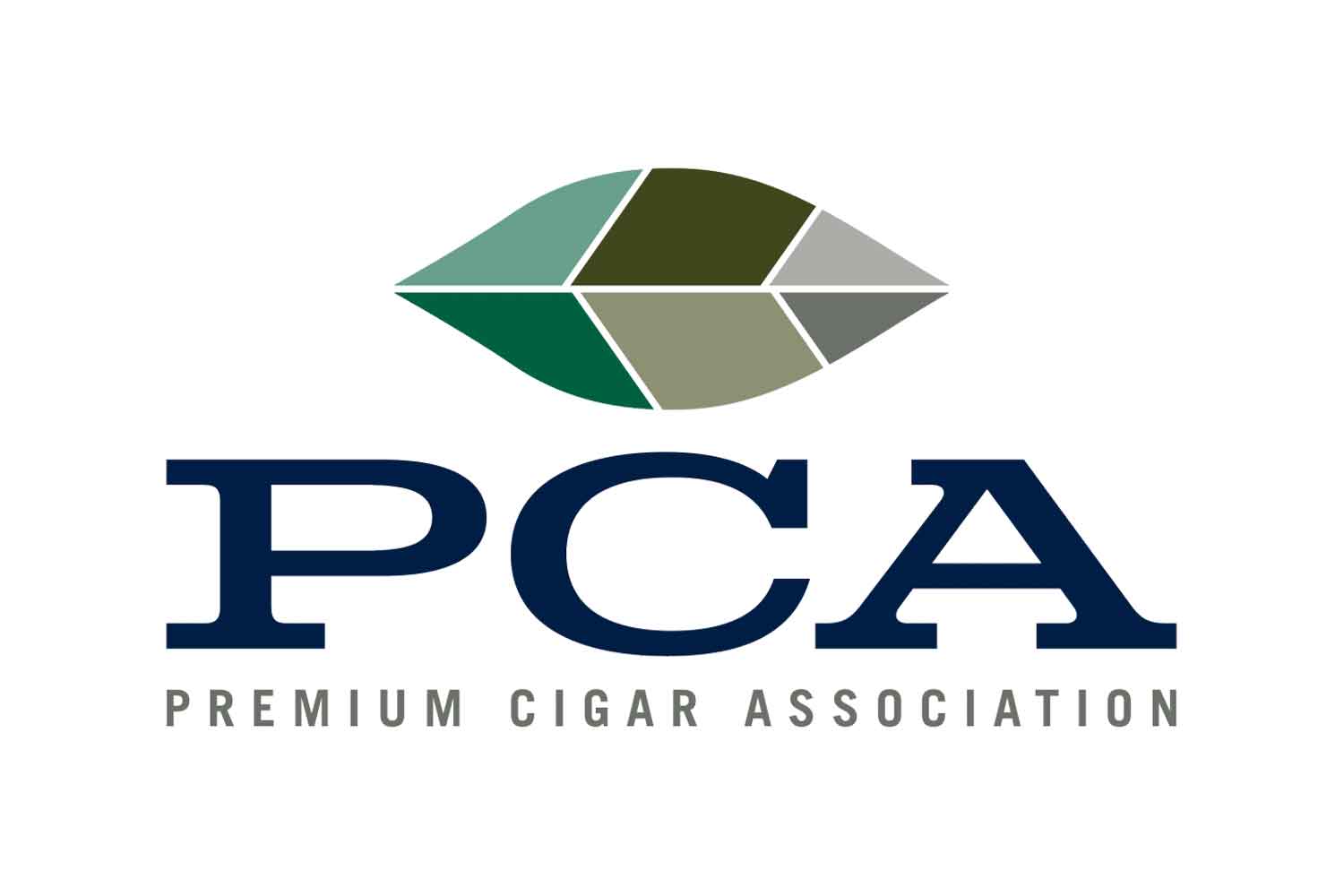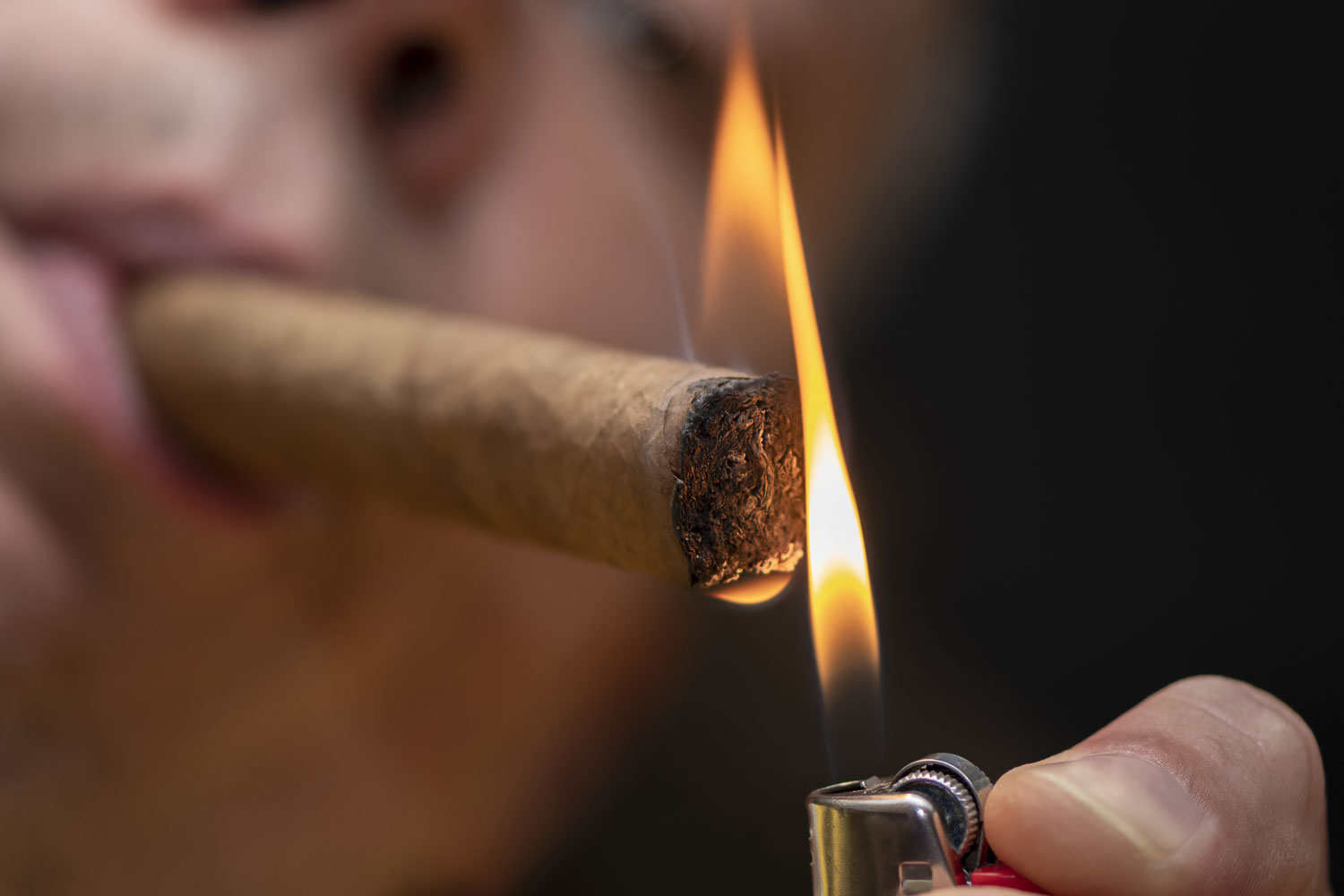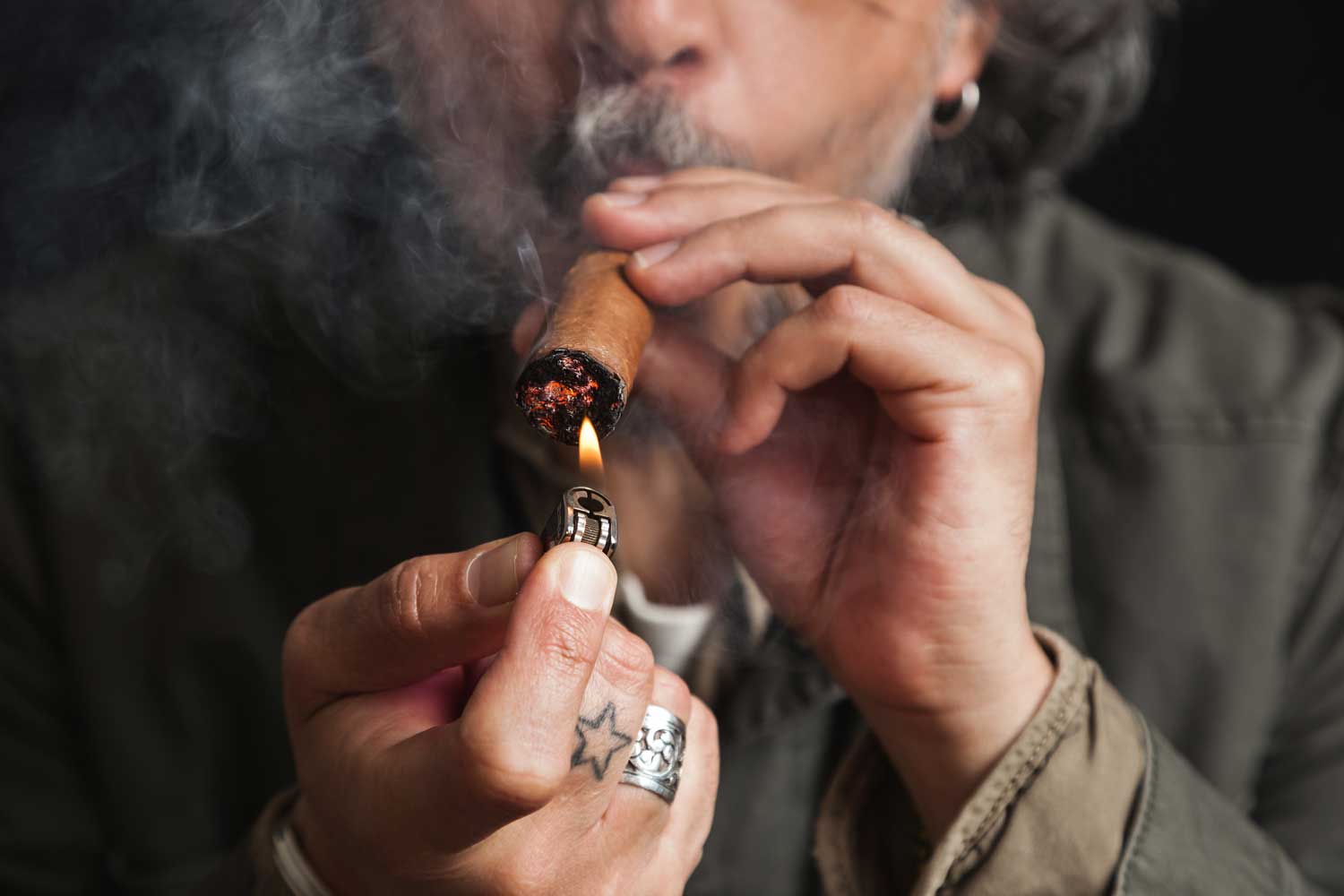A bill introduced on the Congressional House floor Friday would exclude cigars from the broader “tobacco product” categorization defined by Federal Food, Drug and Cosmetic Act, thereby exempting premium, handmade cigars from FDA regulation.
Under the new bill, premium cigars would follow the same definition Judge Amit P. Mehta recently established in the cigar industry’s lawsuit battle with the FDA. This definition of a premium cigar would include the following parameters:
- Wrapped in whole tobacco leaf
- Contains a 100% leaf tobacco binder
- Contains at least 50% long-filler tobacco
- Is handmade or hand-rolled
- Has no filter, nontobacco tip, or nontobacco mouthpiece
- Does not have a characterizing flavor other than tobacco
- Contains only tobacco, water, and vegetable gum with no other ingredients or additives
- Weighs more than six pounds per 1,000 units.
The Federal Food, Drug and Cosmetic Act essentially authorizes the FDA to regulate food, drugs, medical devices, and cosmetics. These broad categories ultimately include “tobacco products,” which are broadly defined in the Act as “any product made or derived from tobacco, or containing nicotine from any source, that is intended for human consumption…” H.R. 2111, being brought forth by Rep. Byron Donald, would amend this portion of the Act.
“Back in January, the cigar industry notched yet another big victory against the FDA in the longstanding battle over regulating cigars,” Garrett Rutledge wrote for Cigar Aficionado. “The United States Court of Appeals for the District of Columbia shot down the FDA’s appeal, which sought to overturn the 2023 ruling by Judge Mehta that ruled against the FDA’s application of the Deeming Rule on the cigar industry. The ruling spared the industry from a number of draconian regulations, but it did not fully remove the FDA’s ability to regulate premium cigars. H.R. 2111 aims to take that next step in excluding premium cigars from FDA regulation.”
“Congressman Donalds’ leadership in introducing this bill is a victory for premium cigar manufacturers, small businesses, and the countless American consumers who appreciate these handcrafted products,” says Mike Copperman, executive director of Cigar Rights of America. “This legislation is not just about regulation, it’s about preserving an industry and ensuring that premium cigars are treated fairly.”
Donalds introduced similar legislation during the previous Congressional session, and while it gained 13 co-sponsors, it stalled in the committee stage largely due to the election.





